Alumni Spotlight: Milly Bevan (’25) on Sustainability, Health, and Community Impact

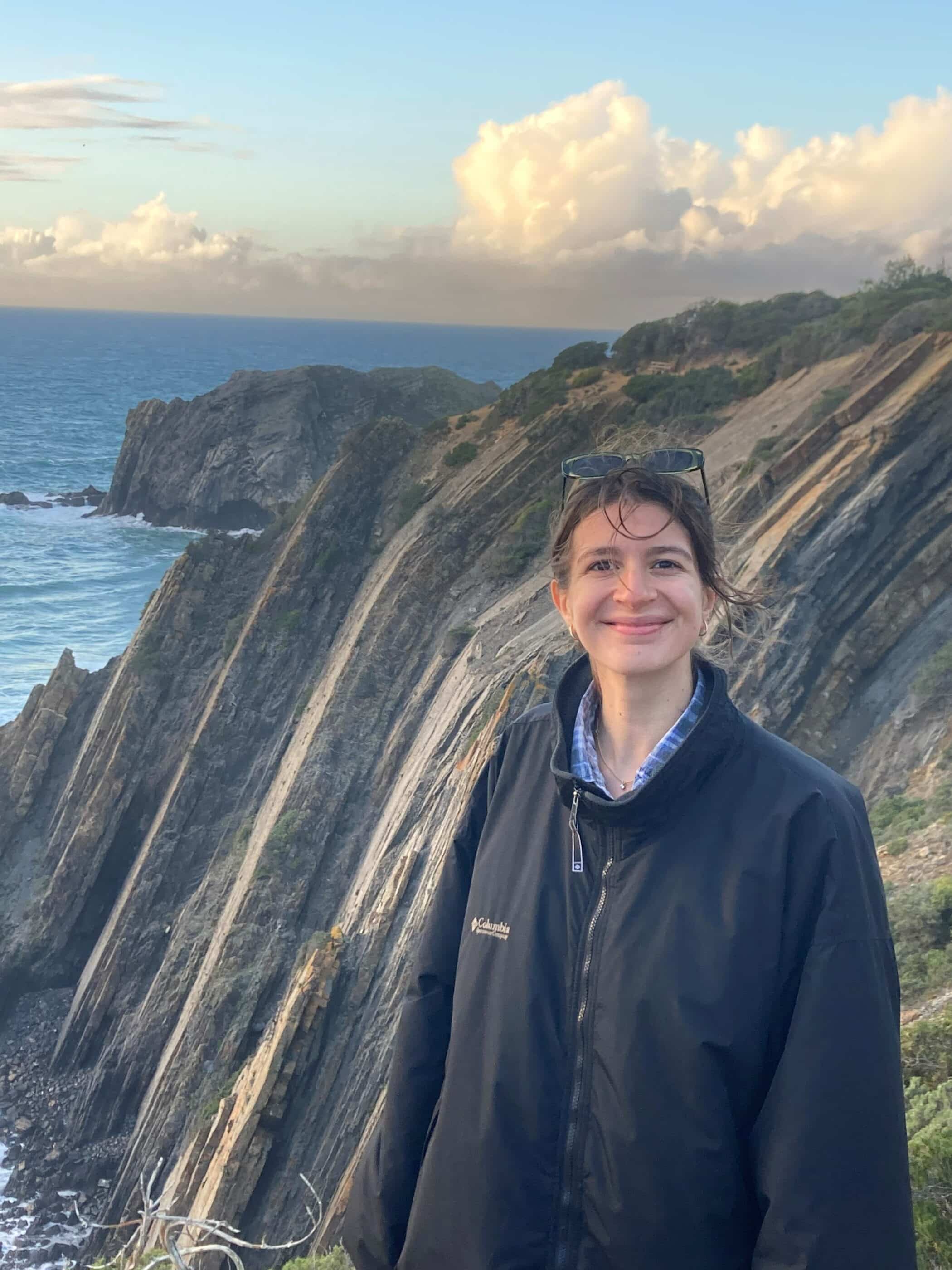
Rachel Lennon graduated from ISZL in 2017, having undertaken the Advanced Placement (AP) programme. She first joined ISZL in 2008, starting in Grade 3, and quickly became an engaged and curious member of the school community.
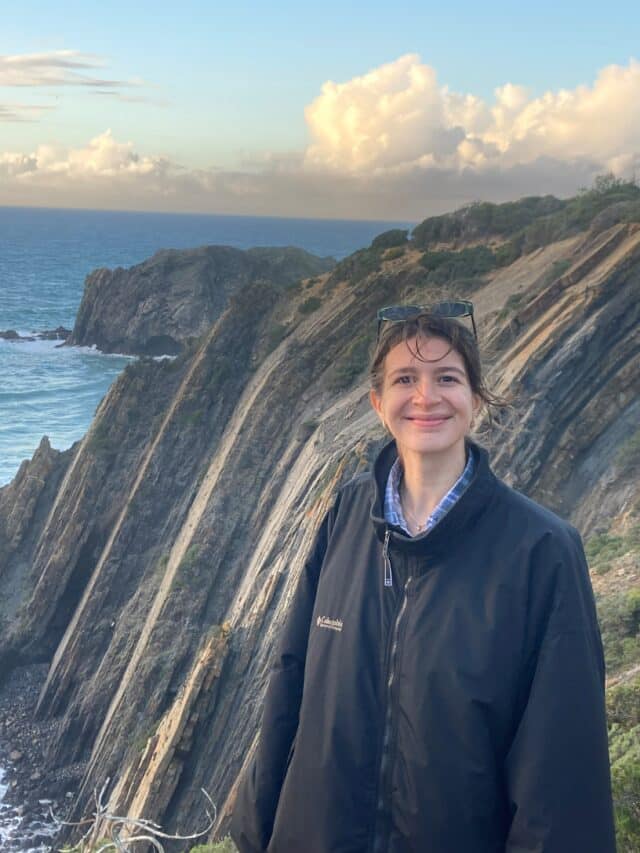
Following her time at ISZL, Rachel pursued an undergraduate degree in Biology, followed by a master’s in Marine Vertebrate Ecology and Conservation. She is now working towards her PhD in marine animal health, combining her love of science with her dedication to conserving marine life.
Today, Rachel works with the UK governmental Department for Environment, Food and Rural Affairs (DEFRA), focusing on developing monitoring approaches for wild salmon using AI and machine learning algorithms. She also works with the marine and fisheries team to address the problem of marine bycatch (accidental capture of marine animals in fishing operations) through policy development and mitigation strategies. Her role involves translating scientific research into actionable policies to protect marine species, ensuring that conservation efforts are effective on a national scale.
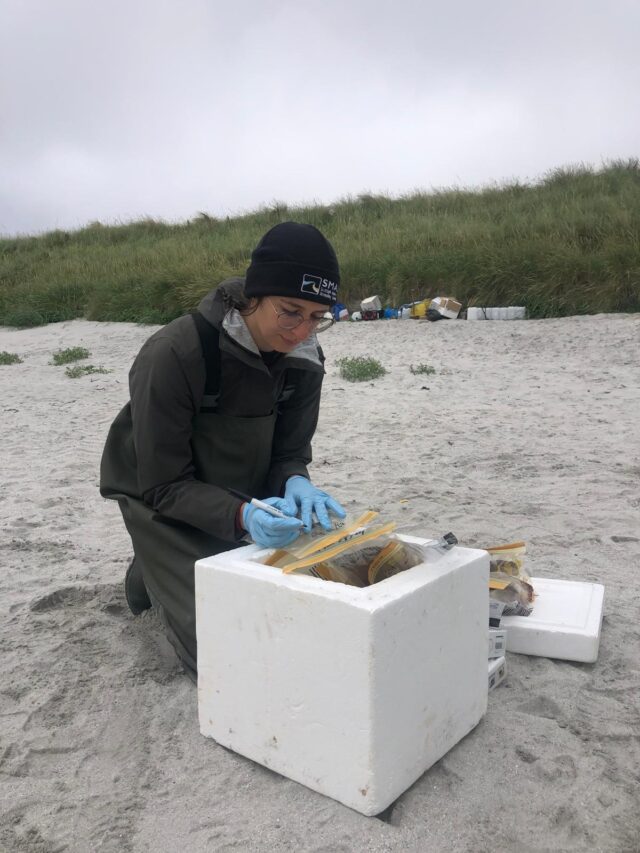
In addition to her policy work, she continues hands-on research through her PhD, working with stranded marine animals to gather crucial data to understand the health of marine populations. When a whale beaches itself in Scotland, Rachel and her research team travel to the site to conduct post-mortems and collect information to determine the cause of death, informing both conservation strategies and scientific understanding.
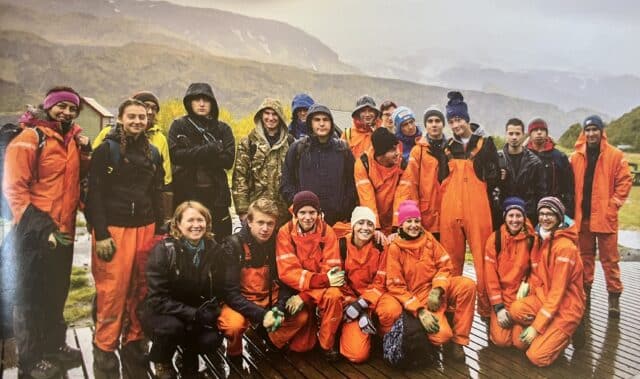
Rachel credits much of her academic curiosity and passion for marine biology to her time at ISZL. Her experience with AP Biology and Environmental Science sparked a lifelong fascination with the natural world. She fondly remembers the encouragement of her biology teacher, Ms. Ho, whose approachable and supportive style made complex concepts both accessible and inspiring. Dr. Kaitell’s engaging lessons also left a lasting impression, teaching Rachel to ask questions critically and approach problems with the mindset of a scientist.
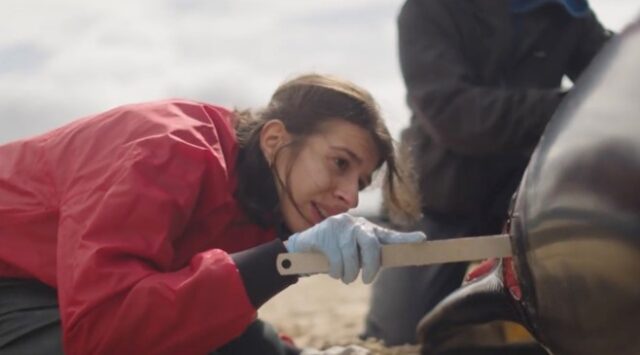
Not all aspects of school came easily. One of Rachel’s biggest challenges at ISZL was AP Calculus, a subject that initially tested her patience and confidence. She remembers Mr. Lordet’s dedication vividly, as he was always willing to take extra time to explain a problem – even if it meant missing his lunch break! His guidance and patience not only helped Rachel succeed in calculus but also instilled a belief that with persistence and focused effort, even the most difficult problems can be solved. Today, Rachel applies this same perseverance in her research and policy work, tackling complex questions in marine animal health with determination and care.
Rachel was also deeply involved in the creative side of school life. She served as Editor-in-Chief of the school newspaper and as a section editor for the yearbook, roles that developed her passion for writing and communication. These experiences taught her how to present ideas clearly, tell compelling stories, and work collaboratively on large projects, skills that continue to benefit her today. Her ability to communicate scientific research effectively has led to the publication of several scientific articles, allowing her to share her work with the broader marine science community.
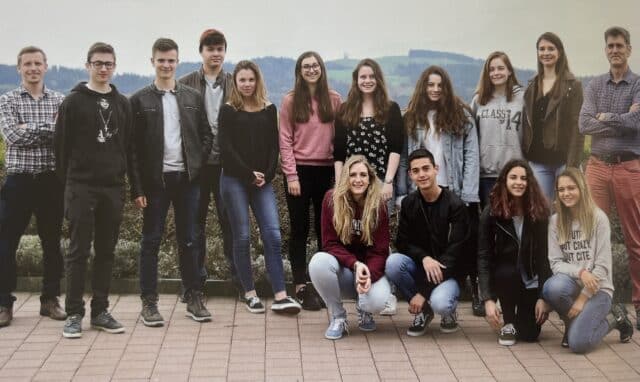
Outside the classroom, Rachel was deeply involved in the ISZL theatre society, participating in the annual school plays for four consecutive years. She fondly recalls the camaraderie of rehearsals, memorising lines, and sharing countless snacks with friends while preparing for performances. Though she no longer pursues acting professionally, she looks back on these experiences as a joyful and formative part of her high school years, highlighting the balance of creativity, teamwork, and fun that ISZL fostered.
Reflecting on her journey from ISZL to her current work, Rachel emphasises the impact of supportive teachers, enriching academic programs, and memorable school experiences. Her story illustrates how a nurturing educational environment can ignite curiosity, build resilience, and help students pursue their passions, qualities that continue to guide her in the field of marine animal health and marine conservation policy.


